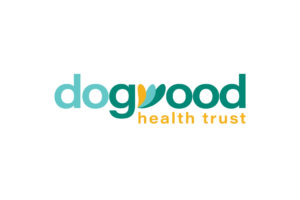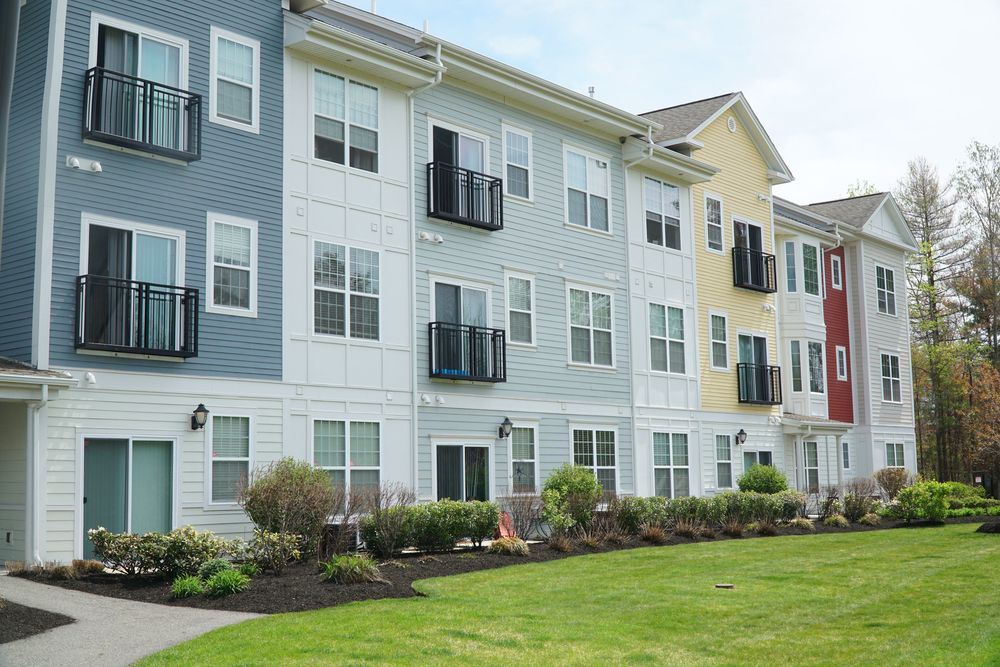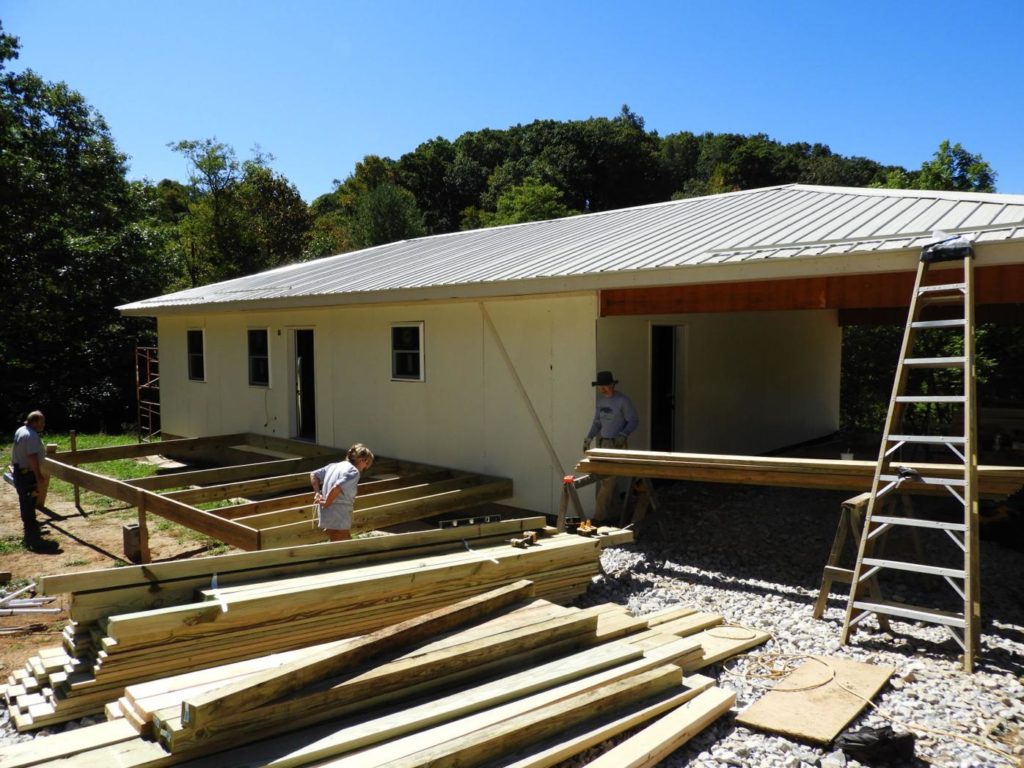Innovative pilot project expected to infuse tens of millions of dollars into the region.
Asheville, N.C. – NC Department of Health and Human Services (NC DHHS) has named Dogwood Health Trust (DHT) the Healthy Opportunities Network Lead for its Healthy Opportunities Pilot in Western North Carolina. Western North Carolina was selected from several applicant groups as one of only three Healthy Opportunities Pilot sites across the state. This pilot will bring tens of millions of dollars into the region with the potential for much more in funding, along with more than $10 million in additional investment from Dogwood Health Trust.
In its role as the Healthy Opportunities Network Lead (formerly referred to as Lead Pilot Entity), Dogwood Health Trust will establish, manage and oversee a consortium of human services organizations (HSOs) and providers across all 18 WNC counties and the Qualla Boundary.
According to NC DHHS, the Healthy Opportunities Pilot marks a “major milestone towards launching the nation’s first comprehensive program to test evidence-based, non-medical interventions designed to reduce costs and improve the health of Medicaid beneficiaries. The groundbreaking program will create a systematic approach to integrating and financing non-medical services that address housing stability, transportation access, food security and interpersonal safety into the delivery of health care.”
Healthy Opportunities allows human services organizations that address these unmet needs to receive Medicaid reimbursement for services provided. To be eligible for and receive pilot services, NC Medicaid Managed Care members must live in one of the three selected regions, have at least one qualifying physical or behavioral health condition, and have one qualifying social risk factor.
“Clearly, clinical measures alone are not enough to address the unmet needs of people in our region that are struggling with housing, transportation, interpersonal violence, and food insecurity,” said Dr. Susan Mims, Interim CEO of Dogwood Health Trust. “Dogwood Health Trust is delighted that the state values the importance of addressing social determinants of health, and that they have selected our region as a participant in this innovative pilot program. The goals of Healthy Opportunities are absolutely aligned with the strategic priorities of Dogwood Health Trust, and we are looking forward to working with our partners to stand up a pioneering new system for supporting the health and wellbeing of Western North Carolinians.”
Mims emphasized that more than 100 organizations working to address issues of food insecurity, transportation, housing and interpersonal violence across Western North Carolina joined forces with Dogwood to put a strong application together. “Congratulations and appreciation are in order to the organizations doing this work every day in our region; your efforts have paid off.”
Dogwood Health Trust and the consortium of HSOs submitted their application to NC DHHS in February 2020 – just before COVID arrived in North Carolina. As a result of the impact of COVID-19 on health care and human service providers, NC DHHS suspended the evaluation of Healthy Opportunities applications in May 2020 and recently resumed the evaluation process in January 2021. “Despite the setbacks of COVID-19, we all are eager to get started with this work,” said Brian Myers, vice-president of Impact for Dogwood Health Trust. Myers led the application process for Dogwood Health Trust and the region.
Dogwood Health Trust anticipates receiving more specific information about timing and pilot protocols from NC DHHS in the near future. “Over the coming weeks and months, our team will be working with our partners and NCDHHS to create the scaffolding and infrastructure that will be needed to engage fully in the work of Healthy Opportunities,” said Mims. “We look forward to sharing more updates as they become available.”
About Dogwood Health Trust
Dogwood Health Trust is a private foundation based in Asheville, North Carolina with the sole purpose of dramatically improving the health and well-being of all people and communities of 18 counties and the Qualla Boundary in Western North Carolina. Dogwood Health Trust was created from the net proceeds of the sale of Mission Hospital System and focuses on innovative and equitable ways to address the many factors that contribute to overall health and wellness, with a focus on housing, education, economic opportunity, and access to care and health resources. Dogwood Health Trust works to create a Western North Carolina where every generation can live, learn, earn and thrive, with dignity and opportunity for all, no exceptions. To learn more, please visit www.dht.org.


















